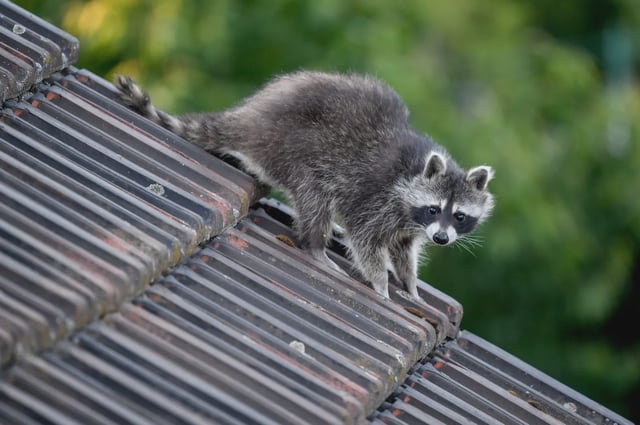Overview
- The pilot went live on August 5 with 20 camera-equipped live traps and two volières set across Kassel to capture invasive raccoons for sterilization
- A team of 30 volunteers and ten veterinarians will transect reproductive ducts rather than perform full castrations to preserve hormone balance and natural behavior
- Each captured raccoon will receive a yellow ear tag and be released at its original site, aiming first to stabilize the population then achieve a 20 percent reduction over three years
- The €30,000–50,000 initiative is fully funded by the Bundesverband der Wildtierhilfen and scientifically overseen by the University of Bonn at no cost to local taxpayers
- Hessian authorities are preparing a regulation to remove the March–June closed season and allow year-round raccoon hunting


